adviser note: SEA Semester programs have been pre-approved to transfer in for UW credit with the School of Oceanography. Contact an adviser to find out how the courses can fit into major/minor requirements.
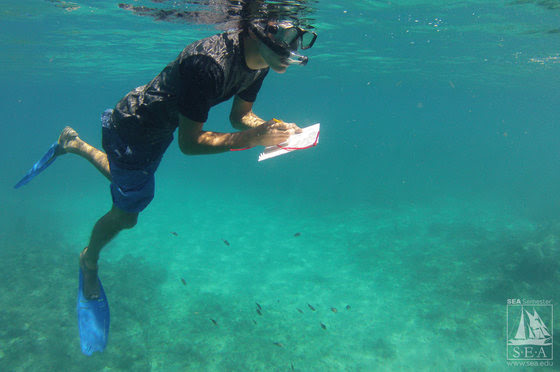
adviser note: SEA Semester programs have been pre-approved to transfer in for UW credit with the School of Oceanography. Contact an adviser to find out how the courses can fit into major/minor requirements.

from UW Today, February 22, 2017. Note: Applied Physics Laboratory Oceanographer Kristin Laidre is the teacher for FISH 464: Arctic Marine Vertebrate Ecology. This course is offered in winter of ‘odd years’, and can be applied to the requirements of the marine biology minor.
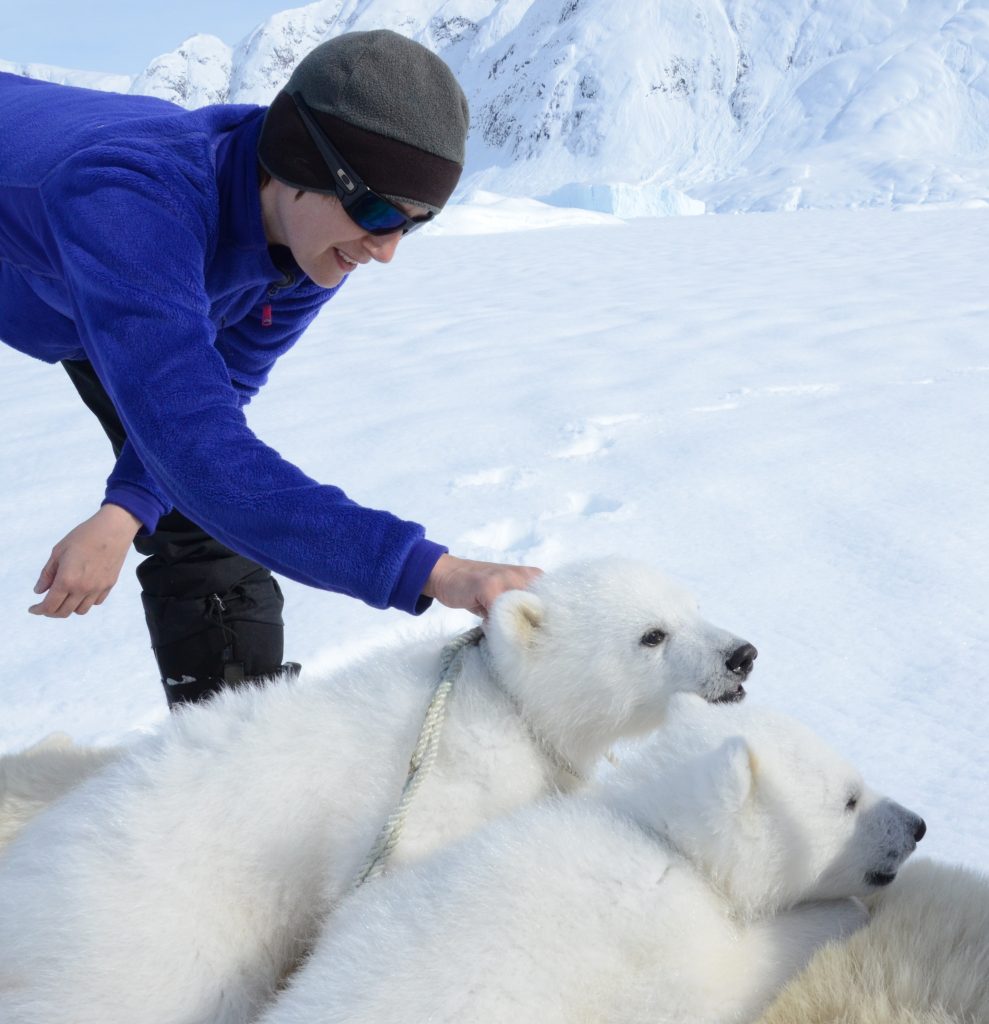
A new, two-part University of Washington project aims to explore the interacting effects of climate change and subsistence hunting on polar bears, while also illuminating the cultural value of the species to indigenous peoples and the role they play in conservation. Led by Kristin Laidre, a marine biologist at the UW’s Polar Science Center and the School of Aquatic and Fishery Sciences, the three-year project will include a public art-science exhibition that combines photography, storytelling and science focused on polar bears, climate change and local Inuit communities in Greenland.
“Broadly, people know polar bears are negatively affected by loss of sea ice, so they are understandably upset to hear polar bears are also being hunted,” Laidre said. “The reality is, the reason for the projected decline of polar bears is a much bigger, global problem related to human-caused climate change and is largely unrelated to harvest. Managing and conserving polar bears in a changing climate has to include working closely with local Arctic communities and respecting subsistence needs.”
Laidre’s project is funded by The Pew Charitable Trusts, which today awarded her and 10 other international researchers prestigious fellowships for marine conservation. Pew chooses fellows based on their past contributions to marine science and their projects’ potential to protect ocean environments.
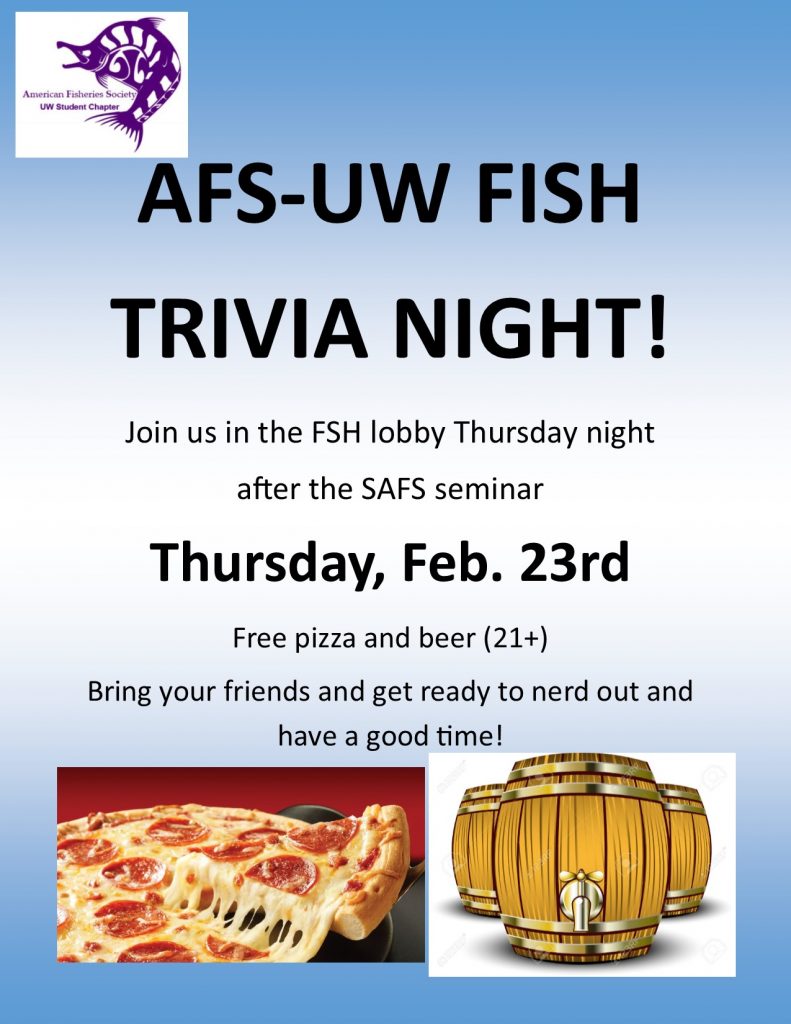
Are you ready to show off your knowledge of fish??
Scholarships for Returning Undergraduates:
Details can be found at: https://environment.uw.edu/students/student-resources/funding/scholarships/
Application Deadline: March 27, 2017
Awards will be announced in early May 2017.
Eligibility: Scholarships are available for undergraduate students pursuing a major in the College of the Environment. Previous recipients may re-apply. Award decisions are based upon a combination of academic merit and financial need. At this time, all College of the Environment Scholarships require that students have unmet financial need as determined by the University of Washington Office of Student Financial Aid. Thus, you must have a current FAFSA or WASFA on file to be considered for these scholarships.
Award Amounts: Award amounts for all scholarships vary depending on financial need, but typically range from $2,000-$3,500 annually. Award amounts will be distributed over the course of Autumn, Winter, and Spring quarters during the 2017-2018 academic year, paid directly to the recipient’s student account.
To Apply:
Questions? Contact coenvaa@uw.edu
This article comes from “Tide Bites”, the monthly newsletter of UW Friday Harbor Laboratories. “Scanning All Fish!”, by Adam Summers, with Kory Evans-Jackson and Malorie Hayes: read the full article at the FHL website.
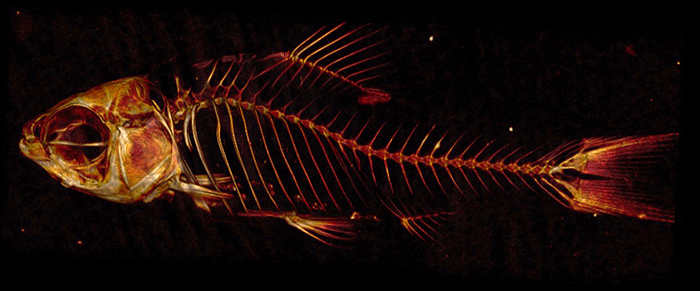
Recently, FHL became home to the Karel F. Liem Bio-Imaging Center. The centerpiece of the shared research facility is a very capable micro-source CT scanner from Bruker, a model 1173. The scanner can image radio-dense tissue at resolution as fine as 5 microns, and because of variable magnification geometry it can also image specimens about the size of two grapefruits. Having the machine right down the hall from my office led to experimentation with high-speed workflow. And that led to a project called #scanAllFish. Born from a series of tweets from @fishguy_FHL, the idea is to CT-scan every species of fish and put all the data up on the web for everyone to access free of charge. We aim to democratize CT data and ensure that in this corner of vertebrate comparative morphology, access to a scanner is not a competitive advantage. The Foundations who donated the bulk of the money to buy the machine asked that it be available to anyone who is visiting FHL, free of charge. This generosity enables the #scanAllFish project. Our strategy is to offer scan time to scientists who have a large diversity of species they want scanned. They bring lots of specimens and a small team to the Labs and spend an intensive few days or weeks scanning everything they are interested in. People have come from around the country to take advantage of the offer, and in the process we have scanned over 1,200 species of fishes. You can read more about the project by searching the web for #scanAllFish — it has made a small media splash. If you’d like to help support Adam’s goal of scanning all fish, you can donate to the Karel F Liem Fish Biology Endowment which supports the Karel F. Liem Bio-Imaging Facility at FHL.
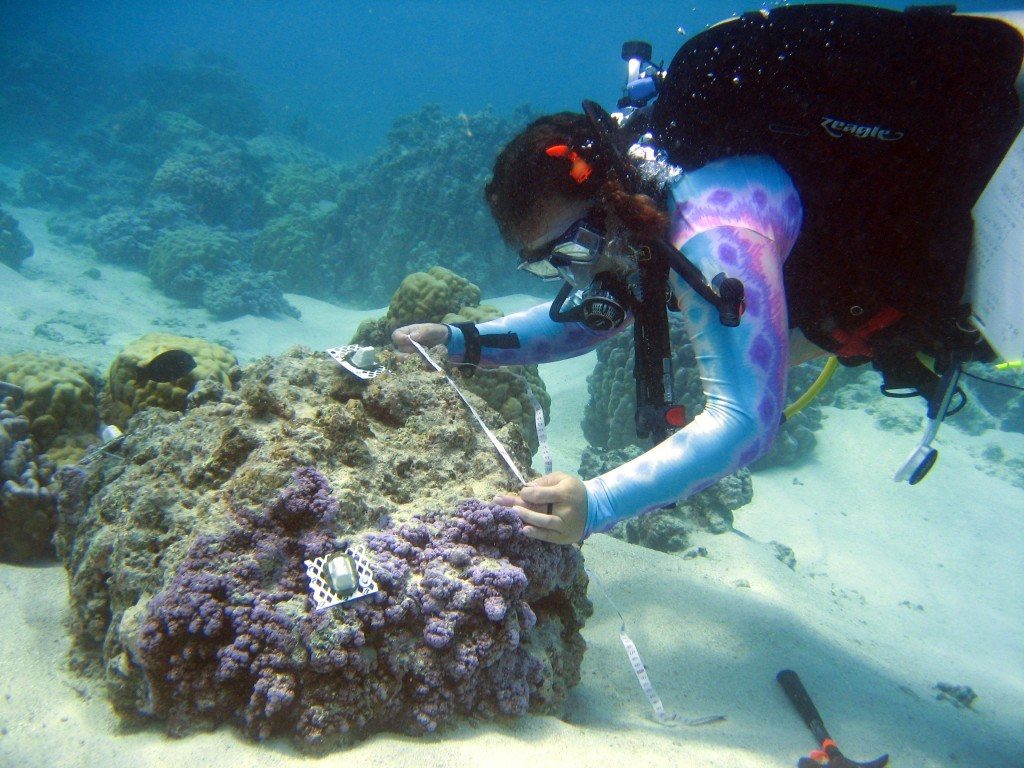
Associate Professor Ingalls – referenced in this UW Today Article – teaches the “OCEAN 295: Chemistry of Marine Organic Carbon” course annually. This course can be taken in place of CHEM 220 for the Aquatic & Fishery Sciences and Oceanography majors.

The New Year is a busy time for pharmacies and peddlers of all health-related products. In the oceans, marine organisms rely on nutrients, too, but the source of their vitamins is sometimes mysterious.
University of Washington oceanographers have now found that vitamin B-12 exists in two distinct versions in the oceans. A microbe thought to be a main supplier of B-12 in the open oceans, cyanobacteria, is actually making a “pseudo” version that only its kin can use.
The study has implications for where algae and other organisms can get a vitamin that is essential to fueling marine life. The paper is in the Jan. 10 issue of the Proceedings of the National Academy of Sciences.
“I think the world is getting used to the idea that all lifeforms are in some ways dependent on microorganisms,” said corresponding author Anitra Ingalls, a UW associate professor of oceanography. “This is another case where microorganisms are playing a really big role in the survival of others, but not quite in the way that we had expected.”
![]()
Hello! My name is Jill Furgurson and I am the Director of College Programs at Broadreach. Our programs offer hands-on, experiential learning designed to get you out of the classroom and immersed in the field of marine biology. Choose from a variety of unique courses and prepare to work alongside scientists in the field, earning professional certifications and college credit along the way.
Our marine biology programs include:
Each Broadreach program offers you the chance to try something new and make friends with peers across the globe – whether you’re kayaking with marine mammals or diving deep with sea turtles in Central America. We take just 10 – 12 students per program and spaces are filling quickly for our 2017 sessions. I encourage you to apply soon to take advantage of this opportunity to gain new skills, earn academic credit and explore your interests on a global scale.
“The Fiji Shark Behavior and Conservation program was amazing. It pushed me out of my comfort zone and reinforced my love of the ocean and environment. Although the shark dives were incredible, the most rewarding experiences were on land. I enjoyed helping out for community service and the village homestay was truly an eye opening experience” – Christine I.
To learn more visit www.broadreachcollege.com or contact me at jill@gobroadreach.com.
from UW Today, January 12

The acidification of the ocean expected as seawater absorbs increasing amounts of carbon dioxide from the atmosphere will reverberate through the West Coast’s marine food web, but not necessarily in the ways you might expect, new research shows.
Dungeness crabs, for example, will likely suffer as their food sources decline. Dungeness crab fisheries valued at about $220 million annually may face a strong downturn over the next 50 years, according to the research published Jan. 12 in the journal Global Change Biology. But pteropods and copepods, tiny marine organisms with shells that are vulnerable to acidification, will likely experience only a slight overall decline because they are prolific enough to offset much of the impact, the study found.
“What stands out is that some groups you’d expect to do poorly don’t necessarily do so badly – that’s probably the most important takeaway here,” said Kristin Marshall, lead author of the study who pursued the research as a postdoctoral researcher at the University of Washington and NOAA Fisheries’ Northwest Fisheries Science Center. “This is a testament in part to the system’s resilience to these projected impacts. That’s sort of the silver lining of what we found.”Marine mammals and seabirds are less likely to be affected by ocean acidification, the study found.
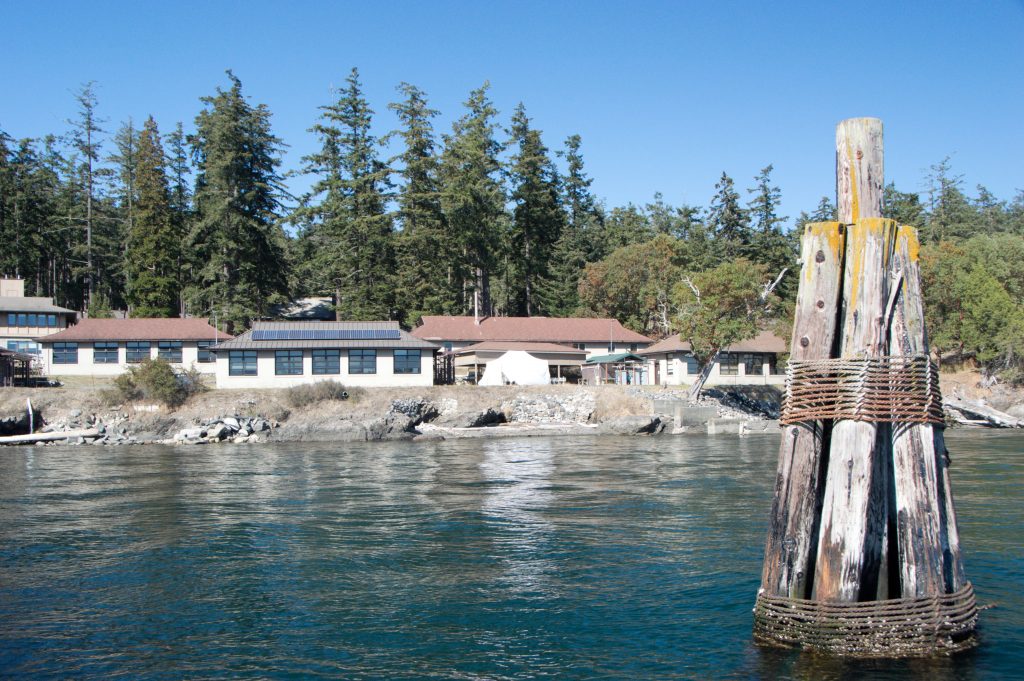
Reminder to attend the info session for Spring/Summer courses at Friday Harbor Labs next Tuesday, January 17 from 10:30-11:20 in MSB 123.